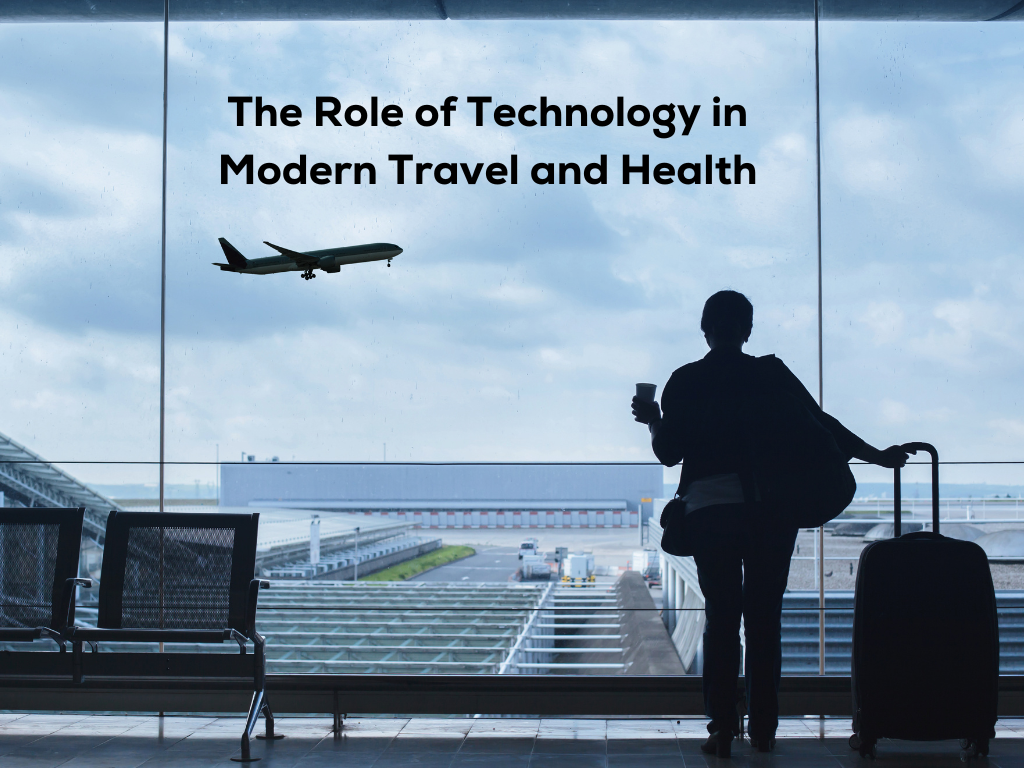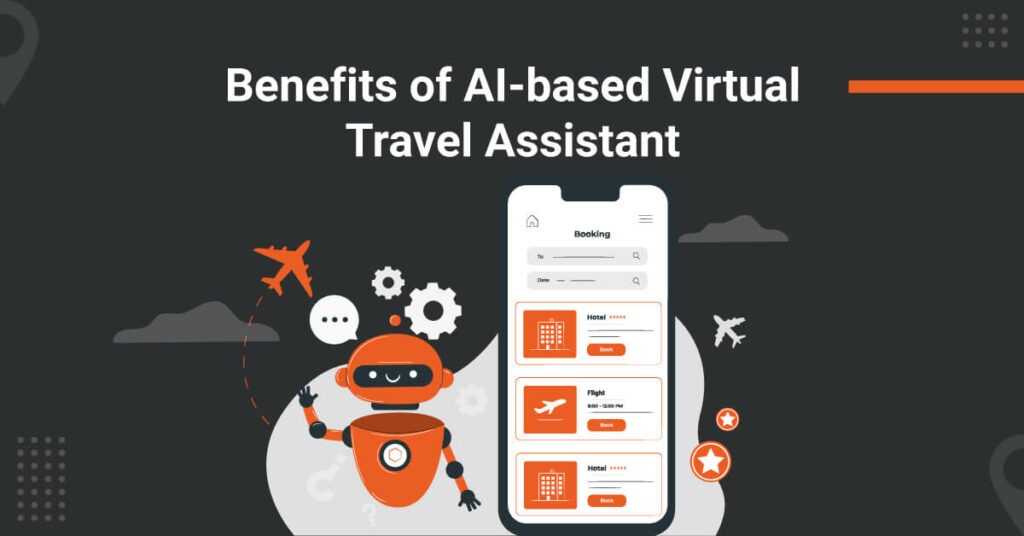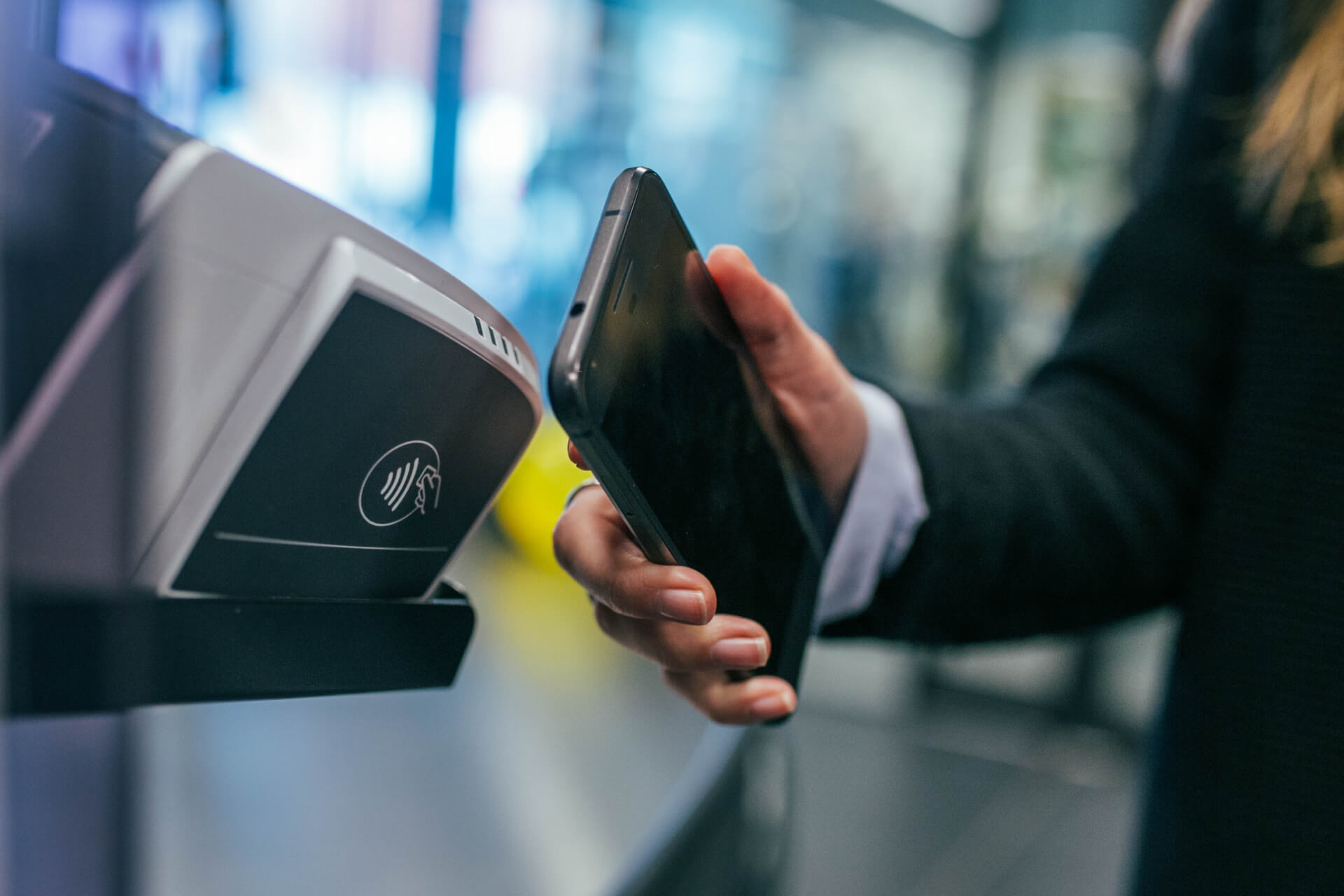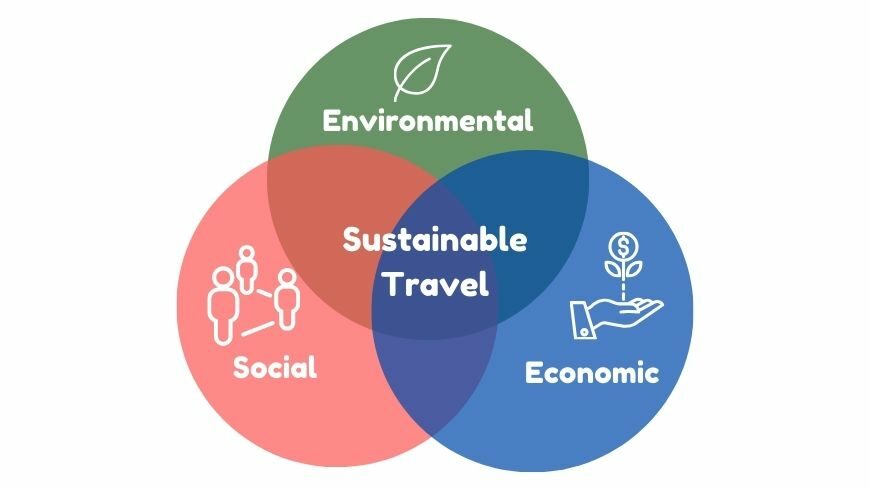Table of Contents
- Introduction: The Role of Technology in Modern Travel
- Artificial Intelligence and Smart Travel Assistants
- Virtual and Augmented Reality: Transforming Travel Experiences
- Contactless Payments and Digital Wallets in Tourism
- Sustainable Travel: How Technology is Reducing Carbon Footprints
- The Rise of Autonomous and Electric Vehicles in Tourism
- Future Trends: What’s Next for Travel Technology?
1. Introduction: The Role of Technology in Modern Travel
Technology has always played a pivotal role in shaping the travel and tourism industry. From the rise of online booking platforms to the emergence of digital passports, innovation continues to redefine how people travel. The integration of artificial intelligence, augmented reality, big data, and blockchain has made travel more efficient, personalized, and sustainable. These advancements are not only improving convenience for travelers but also helping businesses streamline operations and enhance customer experiences.
With the increasing reliance on mobile apps, smart devices, and automated systems, travelers now enjoy faster check-ins, real-time language translation, and AI-driven itinerary suggestions. The global tourism sector is undergoing a digital transformation, making travel experiences smoother, safer, and more engaging. In this article, we explore how technology is shaping the future of tourism and what travelers can expect in the coming years.

2. Artificial Intelligence and Smart Travel Assistants
Artificial intelligence (AI) is revolutionizing the way travelers plan and experience their trips. AI-powered chatbots and virtual assistants, such as Google Assistant and ChatGPT, provide real-time travel recommendations, answer queries, and even assist with bookings. These intelligent systems analyze traveler preferences and historical data to offer personalized travel itineraries, ensuring a seamless experience.
Airlines and hotels are also leveraging AI to enhance customer service. Automated check-ins, baggage tracking, and predictive maintenance in aviation help reduce delays and improve efficiency. AI-driven recommendation engines analyze user behavior to suggest the best deals on flights, accommodations, and activities, making travel planning more intuitive than ever before.
Moreover, AI-powered facial recognition is streamlining airport security processes, reducing waiting times, and enhancing border control measures. With continuous advancements, AI is set to further transform the tourism industry by offering hyper-personalized services and automating essential processes.

3. Virtual and Augmented Reality: Transforming Travel Experiences
Virtual reality (VR) and augmented reality (AR) are revolutionizing how travelers explore destinations before even stepping foot in them. Many travel companies now offer VR tours of hotels, landmarks, and attractions, allowing users to experience a destination before booking. This technology enhances decision-making by providing an immersive preview of accommodations and travel experiences.
AR applications, on the other hand, enrich travel experiences by overlaying digital information onto the real world. Tourists can use AR-powered apps to navigate cities, translate foreign languages in real time, and explore historical sites with interactive guides. Museums and heritage sites are increasingly integrating AR to bring history to life through 3D reconstructions and interactive storytelling.
As VR and AR technology continues to evolve, travelers can expect even more immersive experiences, from virtual theme parks to AI-generated travel simulations that allow them to "test" destinations before making a decision.

4. Contactless Payments and Digital Wallets in Tourism
The rise of contactless payments and digital wallets has significantly enhanced convenience and security in the travel industry. Mobile payment solutions such as Apple Pay, Google Wallet, and cryptocurrency transactions have eliminated the need for carrying cash or exchanging currencies. Travelers can now make purchases, book hotels, and pay for transportation seamlessly with a simple tap or scan.
Many countries are embracing digital payments in public transportation systems, allowing tourists to use mobile apps or smart cards for effortless travel. Hotels and restaurants are also integrating QR code-based payment systems, reducing wait times and enhancing the overall customer experience.
With the growing adoption of blockchain technology, secure and transparent transactions are becoming the norm in travel bookings. Smart contracts powered by blockchain ensure fraud-free transactions and streamlined booking processes. The future of travel will likely see even greater reliance on cashless transactions, further simplifying global tourism.

5. Sustainable Travel: How Technology is Reducing Carbon Footprints
Sustainability has become a crucial aspect of modern travel, and technology is playing a vital role in reducing the carbon footprint of tourism. Eco-friendly innovations such as AI-driven energy management in hotels, carbon offset programs, and smart transportation systems are helping the industry become more sustainable.
Many airlines are investing in AI-powered fuel optimization to reduce emissions, while hotels are adopting smart energy systems to minimize waste. Travelers can now use carbon footprint calculators to make informed decisions about their travel choices and support eco-conscious businesses.
Additionally, ride-sharing platforms and electric vehicle rental services are providing greener transportation alternatives. The future of travel will see a continued focus on sustainability, driven by technological advancements that promote responsible tourism.

6. The Rise of Autonomous and Electric Vehicles in Tourism
The development of autonomous and electric vehicles (EVs) is reshaping how people travel within cities and across destinations. Self-driving taxis and shuttle services are being tested in major cities, offering convenient and eco-friendly transportation options. Companies like Tesla and Waymo are leading the way in autonomous mobility, promising safer and more efficient travel experiences.
Electric buses, trains, and rental cars are becoming more widely available, reducing reliance on fossil fuels and lowering emissions. Tourists are increasingly opting for sustainable transportation options, and cities are investing in smart infrastructure to accommodate these innovations.
As automation continues to evolve, the tourism industry may soon witness fully autonomous travel experiences, from driverless airport shuttles to AI-powered travel concierge services. The integration of autonomous technology promises to make travel safer, more efficient, and environmentally friendly.
[Insert Image Here]
7. Future Trends: What’s Next for Travel Technology?
The future of travel technology is filled with exciting possibilities. Advancements in AI, the Internet of Things (IoT), and blockchain will further enhance security, efficiency, and personalization in tourism. Smart airports equipped with biometric screening and real-time tracking will streamline the passenger experience, reducing wait times and improving security measures.
Hyperloop transportation, space tourism, and AI-driven travel planning platforms will redefine the way people explore the world. Personalized travel experiences driven by big data and machine learning will cater to individual preferences, making trips more enjoyable and stress-free.
As technology continues to evolve, the travel industry will become more connected, immersive, and sustainable. The next decade promises a digital revolution in tourism, where seamless travel experiences and eco-friendly innovations become the norm.


You must be logged in to post a comment.